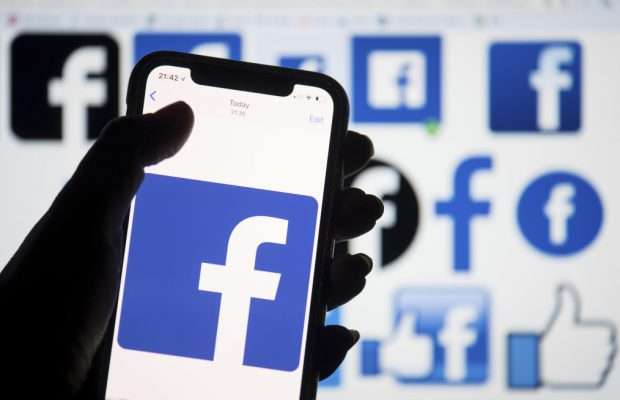Facebook warned users and news organizations in Australia from sharing local and international news stories on its social network and Instagram after the government proposed legislation that would require digital giants to pay local media houses for content.
According to Facebook’s managing director for Australia and New Zealand, Will Easton, Assuming this draft code becomes law, we will reluctantly stop allowing publishers and people in Australia from sharing local and international news on Facebook and Instagram.
Also, the proposed law required the company to choose between either removing news entirely or accepting a system that lets publishers charge us for as much content as they want at a price with no clear limits.
As Google reported that the proposed law was a threat to inpidual privacy and could impact the way Australians use the company’s platforms in terms of free services.

On other hand, the proposed changes in Australia could also contribute to the spread of disinformation, since news from legitimate news sources would be harder to find.
Facebook shared data with United Nations investigators probing international crimes in Myanmar, according to Reuters.
Myanmar is facing charges of genocide at the International Court of Justice (ICJ) over a 2017 military crackdown on the Rohingya that forced 730,000 people to flee into Bangladesh.
Also, it denies genocide and says its forces were conducting legitimate operations against militants who attacked police posts.
On other hand, UN investigators said Facebook had played a key role in spreading hate speech that fueled the violence. In 2018, the company said it had removed 18 accounts and 52 pages associated with the Myanmar military, including the page of its commander-in-chief, but preserved the data.
Noteworthy, the West African nation The Gambia is seeking to hold Myanmar accountable for charges of genocide against the Rohingya people, an ethnic and religious minority.

According to Times, in 2016 and 2017, Myanmar soldiers and their civilian proxies massacred Rohingya men, women and children, raped women and girls and razed villages, forcing more than 800,000 to flee into neighboring Bangladesh.
Also, in 2018, Facebook acknowledged it was used to “foment pision and incite offline violence” in Myanmar, where the social media platform is so ubiquitous it’s often synonymous with the internet. An independent report commissioned by the company documented the same, as did independent fact-finders appointed by the U.N.
Gambia is also seeking documents related to Facebook’s internal investigations into the matter as well as a deposition of a relevant Facebook executive. All of this information could help to prove Myanmar’s genocidal intent.
Later, Facebook held discussions about stopping political advertising after the U.S. presidential election in order to curb misinformation, according to Reuters.
Meanwhile, Reuters reported that the company has been in talks with experts about potential election scenarios, including one in which the incumbent tries to dispute the results of the election.
According to Times , Facebook CEO Mark Zuckerberg and some of his lieutenants have begun holding daily meetings about Trump’s potential response should he lose, including a “kill switch” to shut off political advertising after the election.
Also, the New York Times reported that employees at the company are worried that President Trump and supporters may use the social media network to de-legitimize the election results should he lose to former Vice President Joe Biden on November 3.












